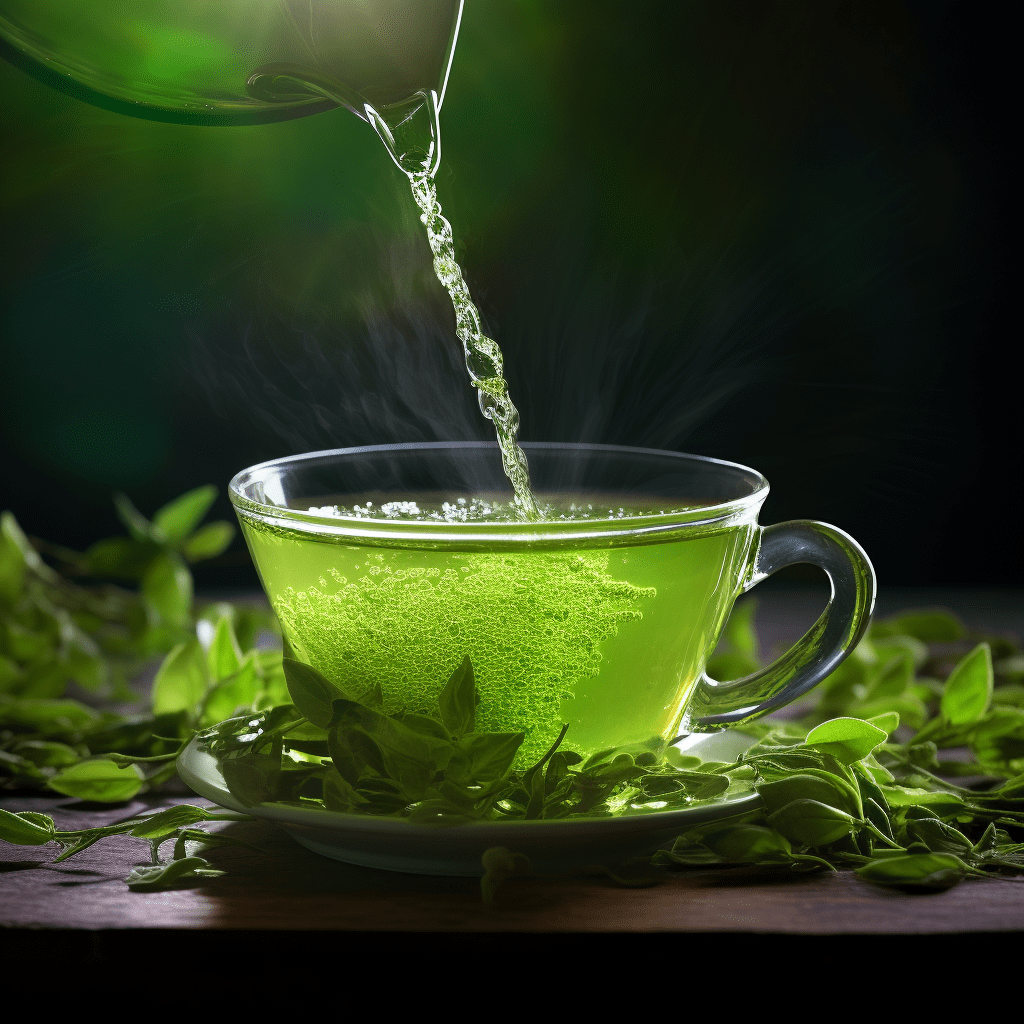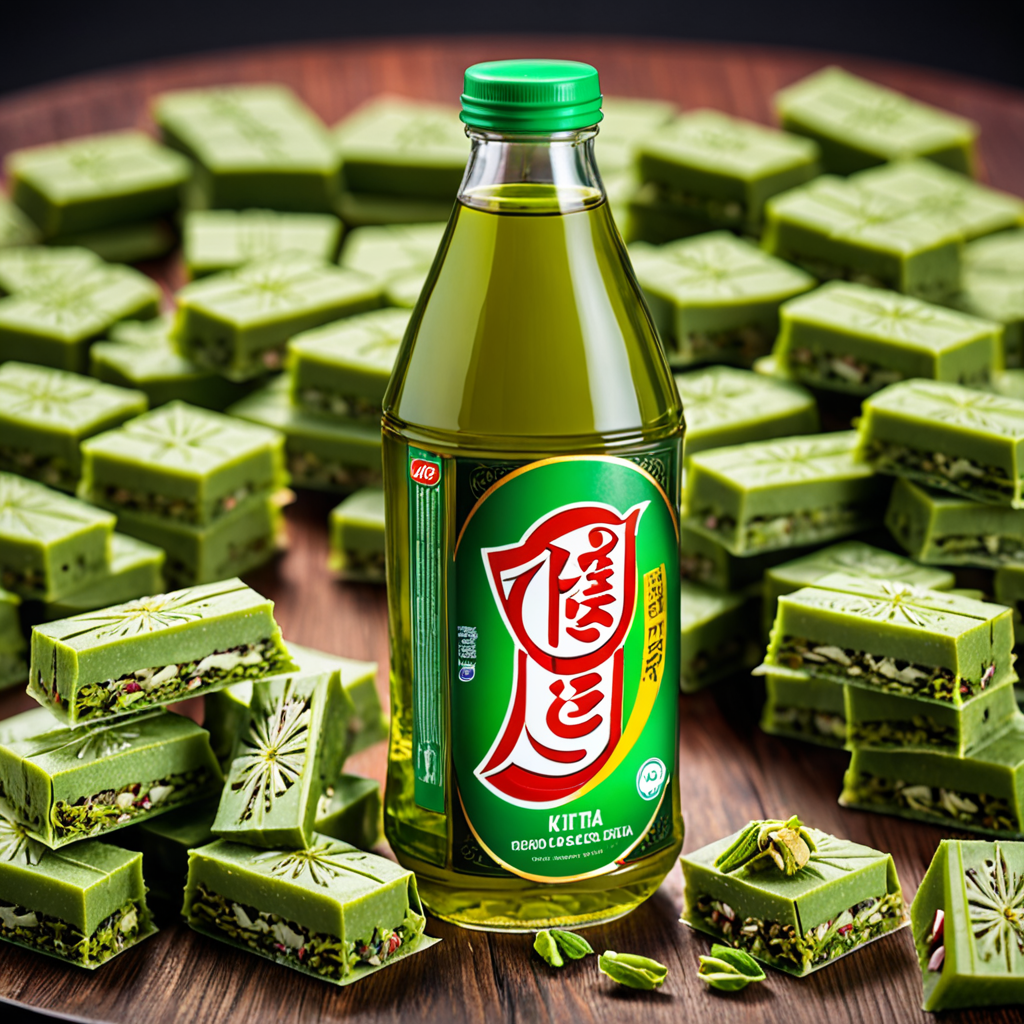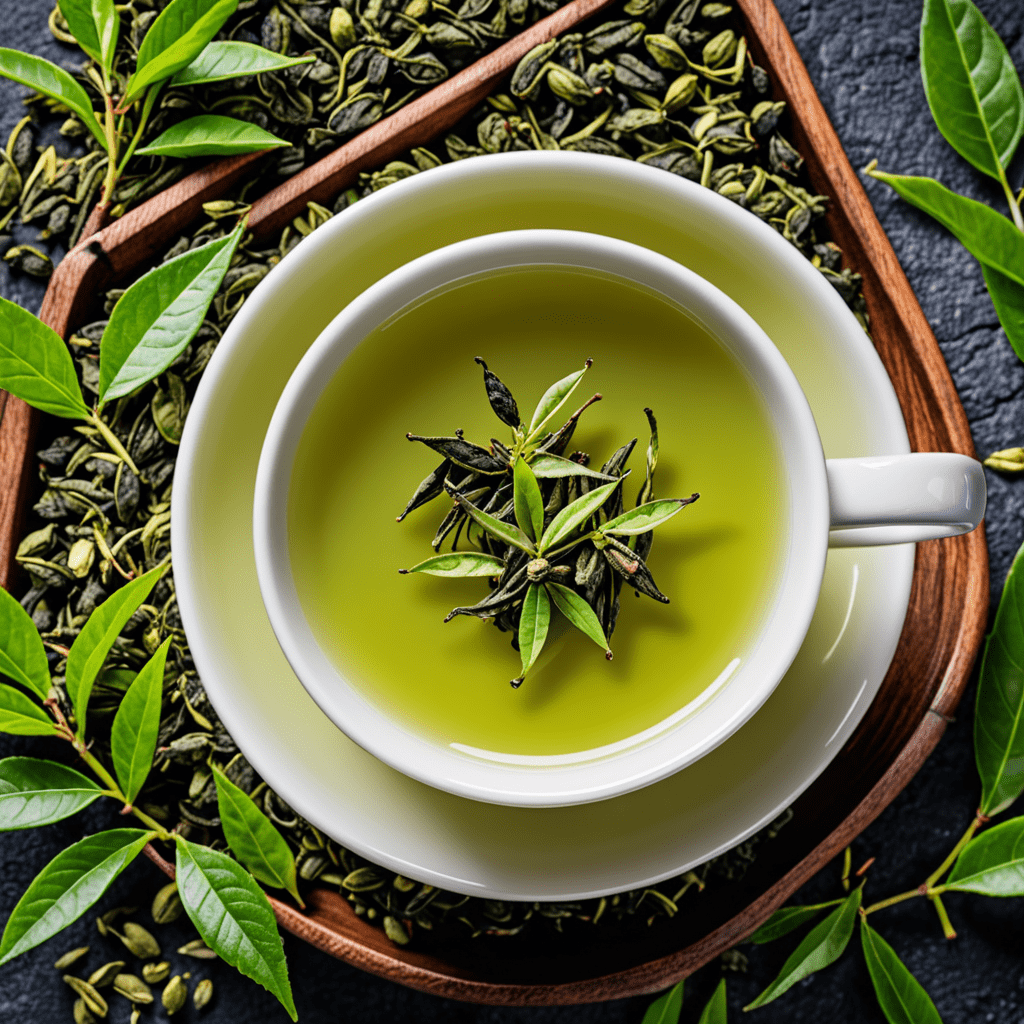
How much Caffeine is in Decaffeinated Green Tea
Green tea is well-known for its health benefits, including its high antioxidant content and potential to promote weight loss. However, some people may be sensitive to caffeine or simply prefer to limit their intake. That’s where decaffeinated green tea comes in. But how much caffeine does decaffeinated green tea actually contain? In this article, we’ll explore this question and provide you with valuable insights about decaffeinated green tea.
Understanding Decaffeinated Green Tea
Decaffeinated green tea is a popular alternative for those who love the taste and benefits of green tea but wish to reduce their caffeine consumption. The process of decaffeination removes most of the caffeine present in the tea leaves while retaining its flavor and other beneficial compounds. It’s important to note that decaffeinated green tea is not completely caffeine-free, but the levels are significantly reduced.
The Caffeine Content of Decaffeinated Green Tea
The exact caffeine content of decaffeinated green tea can vary depending on several factors, including the specific brand and the decaffeination process used. However, on average, a cup of decaffeinated green tea contains approximately 2-4 milligrams of caffeine. This amount is significantly lower than what you would find in a regular cup of green tea, which typically contains around 20-45 milligrams of caffeine.
How is Decaffeinated Green Tea Made?
There are several methods to decaffeinate green tea, but the most commonly used ones are:
- Carbon Dioxide (CO2) Method: This method involves using carbon dioxide as a solvent to extract caffeine from the tea leaves. The tea leaves are soaked in water, and then carbon dioxide is applied under high pressure, which selectively removes the caffeine molecules. The carbon dioxide is then evaporated, leaving behind decaffeinated tea leaves.
Ethyl Acetate Method: In this process, ethyl acetate, a natural compound found in fruits, is used to remove caffeine from the tea leaves. The tea leaves are steeped in water, and then ethyl acetate is added to extract the caffeine. The resulting mixture is then heated to remove the ethyl acetate, leaving behind decaffeinated tea leaves.
Water Processing Method: This method uses only water to remove caffeine from the tea leaves. The tea leaves are soaked in water, and the caffeine-rich water is then passed through activated charcoal or resin filters, which absorb the caffeine molecules. The filtered water is reintroduced to the tea leaves, allowing them to reabsorb the flavors and other beneficial compounds.
Is Decaffeinated Green Tea 100% Caffeine-Free?
Although decaffeinated green tea has significantly lower caffeine levels compared to regular green tea, it is not completely caffeine-free. The decaffeination process removes the majority of the caffeine, but trace amounts may still remain. The small quantity of residual caffeine is generally well-tolerated by most individuals, including those who are caffeine-sensitive. However, if you are extremely sensitive to caffeine or need to avoid it completely, it’s recommended to consult with a healthcare professional before consuming decaffeinated green tea.
Frequently Asked Questions (FAQ)
Q: Can decaffeinated green tea be consumed by pregnant or breastfeeding women?
Decaffeinated green tea is generally considered safe for consumption during pregnancy and breastfeeding. However, it is always advisable to consult with a healthcare professional before adding any new food or beverage to your diet, especially during pregnancy or breastfeeding.
Q: Is decaffeinated green tea as effective as regular green tea in providing health benefits?
Decaffeinated green tea retains many of the beneficial compounds present in regular green tea, such as antioxidants, polyphenols, and flavonoids. However, some studies suggest that the decaffeination process may slightly reduce the overall antioxidant capacity. Nonetheless, decaffeinated green tea still offers numerous health benefits and can be a great choice for those looking to reduce their caffeine intake.
Q: Does decaffeinated green tea have the same taste as regular green tea?
Decaffeinated green tea generally has a similar taste profile to regular green tea, although some people may notice a slight difference in flavor. The taste can vary depending on the specific brand and the decaffeination method used. It’s always best to try different brands or varieties of decaffeinated green tea to find one that suits your preference.
Q: How much decaffeinated green tea is safe to consume per day?
As with any tea or beverage, moderation is key. It is generally safe to consume 2-3 cups of decaffeinated green tea per day. However, individual tolerance and sensitivity may vary. It’s always recommended to listen to your body and adjust your consumption accordingly.
Q: Does decaffeinated green tea have any side effects?
Decaffeinated green tea is generally well-tolerated by most individuals and has minimal side effects. However, some people may experience mild stomach upset, headaches, or allergies. If you notice any adverse reactions after consuming decaffeinated green tea, it’s best to discontinue use and consult with a healthcare professional.
Q: Can I steep decaffeinated green tea for a longer duration to reduce the caffeine content further?
Steeping decaffeinated green tea for a longer duration will not significantly reduce the remaining caffeine content. The decaffeination process already removes the majority of the caffeine, and prolonged steeping will only result in a stronger flavor, not a significant reduction in caffeine levels.
In conclusion, decaffeinated green tea contains significantly less caffeine compared to regular green tea, making it a suitable choice for individuals looking to reduce their caffeine intake. The exact caffeine content can vary depending on the brand and decaffeination process. While decaffeinated green tea is generally safe for consumption, it is best to consult with a healthcare professional if you have any concerns or specific health conditions. Enjoy the numerous health benefits and flavorful experience that decaffeinated green tea has to offer!


